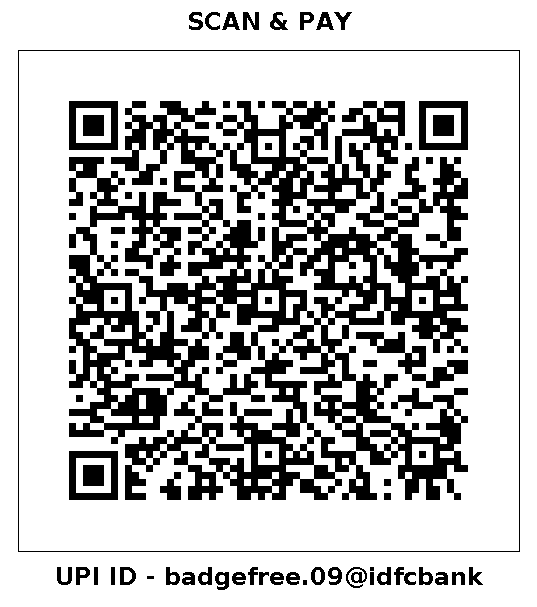The work landscape has undergone significant changes over the years and has been largely influenced by the attitudes, values, and work styles of different generations. Generation Z, the cohort born between 1997 and 2012, is now transitioning to working life and brings with it a clear approach to work. While it may seem like Gen Z wants to work smarter, not harder, it’s important to dig deeper into this concept to understand the nuances of their work philosophy.
The context of Generation Z in today’s workplace: Generation Z is the first generation to grow up in the digital age, characterized by easy access to information, instant communication and rapid technological development. This unique education has shaped their perspectives and expectations in the workplace.
Here are some key aspects of Gen Z’s approach to work:
1. Tech and digital: Generation Z is exceptionally comfortable with technology. They have been using smartphones and digital devices since childhood, making them adept at navigating digital tools and platforms. This technology allows them to streamline tasks and processes, promoting the perception that they are working smarter.
2. Pragmatic and results-oriented: Gen Z tends to focus on outcomes and results. They prefer efficiency and effectiveness in their work. This results-oriented mindset encourages them to find creative solutions and shortcuts to achieve their goals, avoiding unnecessary effort.
3. Emphasizing work-life balance: Generation Z values work-life balance highly. They are likely to prioritize their personal life and well-being and seek flexibility in work arrangements. This focus on balance can lead them to look for ways to work smarter to free up more free time.
4. Collaborative and resourceful: Generation Z is known for its collaborative spirit and resourcefulness. They are quick to seek feedback and help from colleagues and are able to use available resources to solve problems effectively.
5. Lifelong Learners: This generation is committed to lifelong learning. Recognizing the need to adapt to rapidly changing technologies and industries, they often look to online courses, tutorials and self-learning opportunities to gain new skills and knowledge.
Work smarter vs. work harder
The idea of working smarter, not harder, isn’t unique to Gen Z, but it closely aligns with their values and preferences. It’s important to understand that working smarter doesn’t mean a lack of effort or commitment. Instead, the emphasis is on optimizing your approach to achieve better results with less wasted effort.
This concept applies to Gen Z in the workplace as follows:
1. Efficiency through technology: Generation Z uses technology to automate repetitive tasks, quickly access data and streamline workflows. They are likely to use productivity software, project management tools and communication platforms to work more efficiently.
2. Results-oriented: Generation Z places a strong emphasis on setting clear goals and priorities. They are more likely to ask questions like “What is the most important task today? and direct their efforts to the effective achievement of those goals.
3. Genius problem solvers: Gen Z’s ingenuity allows them to find creative solutions to challenges. They are likely to collaborate with colleagues, look for tutorials or online resources, and learn from the experiences of others to solve problems effectively.
4. Embracing Change: Gen Z’s adaptability and willingness to embrace change allows them to pivot quickly when faced with new challenges or opportunities. They are open to learning new technologies and processes to stay relevant and effective in a rapidly evolving workplace.
5. Wellness Balance: Gen Z’s emphasis on work-life balance motivates them to find ways to efficiently complete tasks and free up time for personal hobbies and self-care. They understand the value of downtime and relaxation in maintaining their overall well-being.
Benefits of the “work smarter” mindset
Adopting a “work smarter” mindset can have many benefits in the workplace, not just for Gen Z, but for employees of all generations.
- Better productivity: By working smarter, employees can focus on the most important tasks, which increases productivity and efficiency.
Better job satisfaction: A work-life balance increases job satisfaction and overall well-being. - Innovation and problem-solving: Focusing on efficiency and creativity can lead to innovative solutions and better problem-solving.
- Adaptability: Embracing change and learning new skills increases an employee’s adaptability and future employability.
- Effective collaboration: A results-oriented approach can promote effective collaboration among team members.
Conclusion
Gen Z’s preference for working smarter, not harder, reflects their values, adaptability and comfort with technology. It is important to understand that this approach is not about avoiding effort, but about optimizing it for better results. Organizations that recognize and leverage the strengths of Gen Z workers will benefit from their efficiency, innovation and commitment to work-life balance, creating a more dynamic and productive workplace for all.





